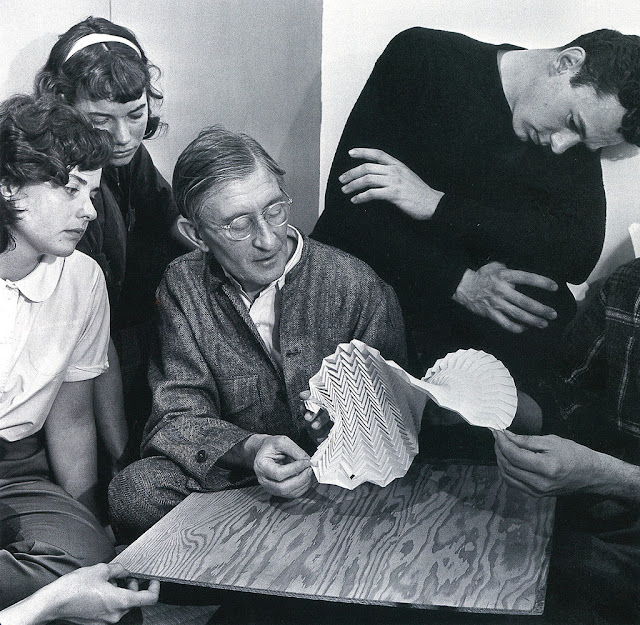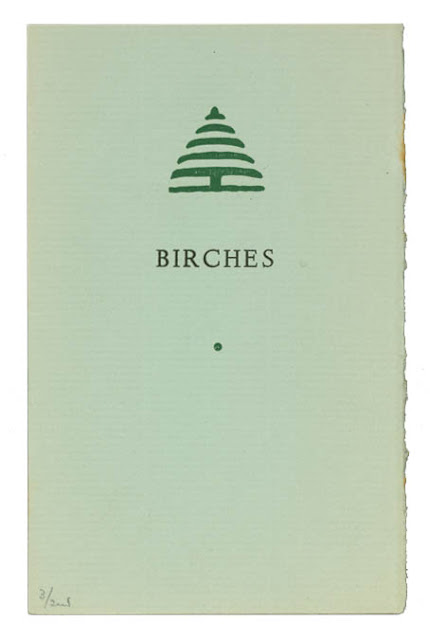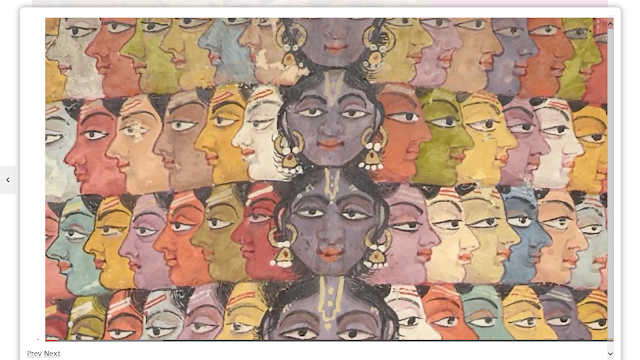Led (Ledward) Ka'apana ~ Slack Key Legend
Led Ka'apana, affectionately called Uncle Led, is a living master. He plays many instruments and in many different tunings, so in concert he is often surrounded by a stockpile of them precalibrated to some of the more than a hundred exotic Hawai'ian tunings. Besides regular appearances in Hawai'i , Led tours, always spreading his special brand of goodwill and Aloha to all. After hearing Led, my brother said, "It's too bad everyone in the world isn't Hawai'ian." After all, when you consider all the horrible indignities of colonization, including the racial decimation to which the Hawai'ians have been subjected, it is astounding that some of the very few natives who have survived, pushed off their ancestral lands, can still respond with such demonstrations of Aloha.
Led Ka'apana playing at the Grand Opening of the National Museum of the American Indian, in Washington, D.C. -- winning over an audience not familiar with slack key. He plays a little "outside" on this one.
"Radio Hula" is Led Ka'apana's signature piece. If you compare it to the version below, you will see an example of how he never plays a piece the same way twice, although you may not notice some of the differences in variation unless you play this piece yourself. Lizzie Kahua Alohikea composed the piece back in the 1920s to celebrate the arrival of radio in the islands. Led's uncle, the late, great slack key master Fred Punahoa, created an arrangement of this song for slack key guitar in the 1940s, which Led Ka'apana learned as a teenager and used as the basis for his own improvisations.
Uncle Led, grew up in a musical family. In the tiny black sand bay village of Kalapana, there were few distractions. “We didn’t have electricity, no television, not even much radio,” says Led. “So we entertained ourselves. You could go to any house and everybody was playing music.”
Often everybody was playing music at a backyard party, many of which lasted for days. “People played in shifts, taking over when somebody went to sleep,” Led recalls. “You’d fall asleep to the music, wake up….and the music was still playing. That was the best alarm clock I ever had!”
It was at these family gatherings that Led learned to play in the old style, watching, listening, then imitating. Chief among his teachers were his mother, Mama Tina Ka'apana, and his uncle Fred Punahoa. “Even today when I play, I still picture all the ohana (family) getting together and sharing their songs and their Aloha.”
Although isolated, outside influences did creep into Kalapana. Like most kids his age, Led Ka'apana loved to rock and roll and also listened to country, jazz, and Latin music. When he’d sneak a riff from a guitar hit of the day, like "Pipeline" or "Walk Don’t Run," into his music his dad would tease, “Hey, that’s not slack key!” But nobody ever stopped him, they just encouraged him to “play what you feel and play with Aloha.”
So, for most of its history, slack key was not a concert music, but family music -- something played out on the front porch at sunset. Every family had its secret slack-key tuning, and if you were at a big gathering of families and heard some hot stuff coming from a guy sittting under a mango tree, surrounded by his family, and you walked over, he would simply stop playing, put his guitar away, and that was it.
All that has changed now, and the slack-key masters are fortunately sharing their music with the world. In the piece below, you will hear the great tonal inventiveness with with Led plays.
Led Ka'apana plays most Sunday nights from 6 to 8 p.m. at the Kona Brewing Company in the Koko Marina Shopping Center, Hawai'i Kai, O'ahu. For his full concert lineup,visit http://www.ledkaapana.com/
In slack key tuning, we slack down some of the strings, to get an open chord. As Keola Beamer says, when we do this, "the entire instrument sings: There's this beautiful stuff, sympathetic vibrations. . . In a nutshell, that means we take that guitar and we pluck one string and the rest of them sing along. We're not touching them, we're not activating the string, we're not playing it. But the pressure of the air vibrating around the string generates movement so the entire instrument sings with each note."
Beamer goes on to say that the resonance "is magnified tremendously in these tunings that we use. It becomes a more active instrument because of the mathematical relationship of the actual chord, right? So now you have this platform that is much more alive . . . and that is what the Hawai'ian slack key guitar is. . .that beautiful open sound. There's no sound really quite like it in the guitar world that I know of. You get a great modal tuning thing going and the melody notes have a sort of halo around them because of the sympathetic vibrations. And the bass is beautifully supported with this undercurrent of strength in those low notes. So, the melody instrument has a great deal of character and quality it didn't have before.
"My guitars never, ever get tuned to "normal;" they don't sound good, you know? Because modal tuning are all they've worked in for twenty-six years. They know how to vibrate. How to work. But you change them to "normal" tuning and they can't do it.
"If you're gonna learn slack key, just leave it there, rather than yanking your guitar back and forth all the time. It's difficult to do. . .it's hard on the guitar. And it's very frustrating for the student to try and stay in tune. Just leave it there and see what happens. You'd be surprised how flexible, how comfortable you'll begin to feel about open tunings, to where you've forgot about the "real" way to play guitar" (from Keola Beamer and Mark Nelson's Learn to Play Hawaiian Slack-Key Guitar--a great learner's tool).
Come to think of it, a lot of things are like that: slack 'em down, relax into them, and you get more resonance -- sometimes, even -- a glowing.
Don't think for an instant that Led Ka'apana's repertoire is restricted to Hawai'ian music. Ukes and guitars are really just an extension of his heart, mind, and soul, and he can play anything they can feel and conceive. Below, "Killing Me Softly."
Israel Kamakawio'ole (Iz). Though Hawai'ian, Iz was a Big Man in the Melanesian sense, a leader, or Big Man, who is self-made man and becomes a leader by creating followers, succeeding because he possesses skills that command respect in his society, such as oratory talent, bravery, gardening prowess, or magical, or artistic powers. On the day Iz passed away, the Hawai'ian flag was flown at half mast, an honor accorded to only thee people in the history of the state, and the only time to a non-official. Thousands gathered on Mākua beach as his ashes were scattered. A Big Man also gives sumptuously to others. Iz gave of his music and his heart, which touched the hearts not only of Hawai'ians, many of whom cherish in their hearts a dream of Hawai'ian sovereinty, but of thousands around the world as his music became more popular.
**
Jazz is another language natural to Mr. Ka'apana. Here: "Sweet Georgia Brown."
"Weeha Swing"
Below, Danny Carvalho, one of the best of the new generation of "slackers."
Below, "Radio Hula," as it first was written and played.
If you would like to learn slack key, get yourself any old guitar and this book by slack key master Ozzie Kotani. Ozzie is a sweet guy, who helped me a lot with my playing when I was recoveringing from a bicycle accident. His masterful approach to slack key is subtle and warm. All concur this his book is the place to start for rank beginners.
Thanks for tuning in.
Me Ke Aloha
James N. Powell ~ slack key otaku
Below, "Alekoki," written by W. Lunalilo, who succeeded Kamehmeha as King of Hawai'i.
Young Samoan-Hawai'ian gal fires up some duende-infused Aloha on uke:












Gorgeous music! It makes me realize that I just have not appreciated the guitar enough. Especially when employed for Hawai'ian music, it is such a graceful sound. Aloha, world... :)
ReplyDeleteThanks for all the info on this post. I met Led one time in our hometown and he was as easy to talk to as my best friend. If only the whole world knew the aloha spirit like he does.
ReplyDelete